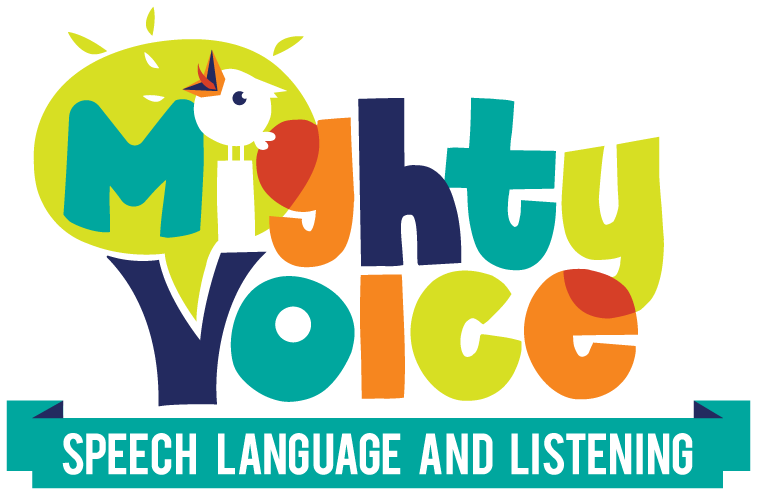You know how some people know from the time they’re a toddler what they want to be, and every decision they make leads them to become that thing? Yeah, that wasn’t me. My route to becoming an SLP (short for Speech Language Pathologist) was a bit more of a zig zag.
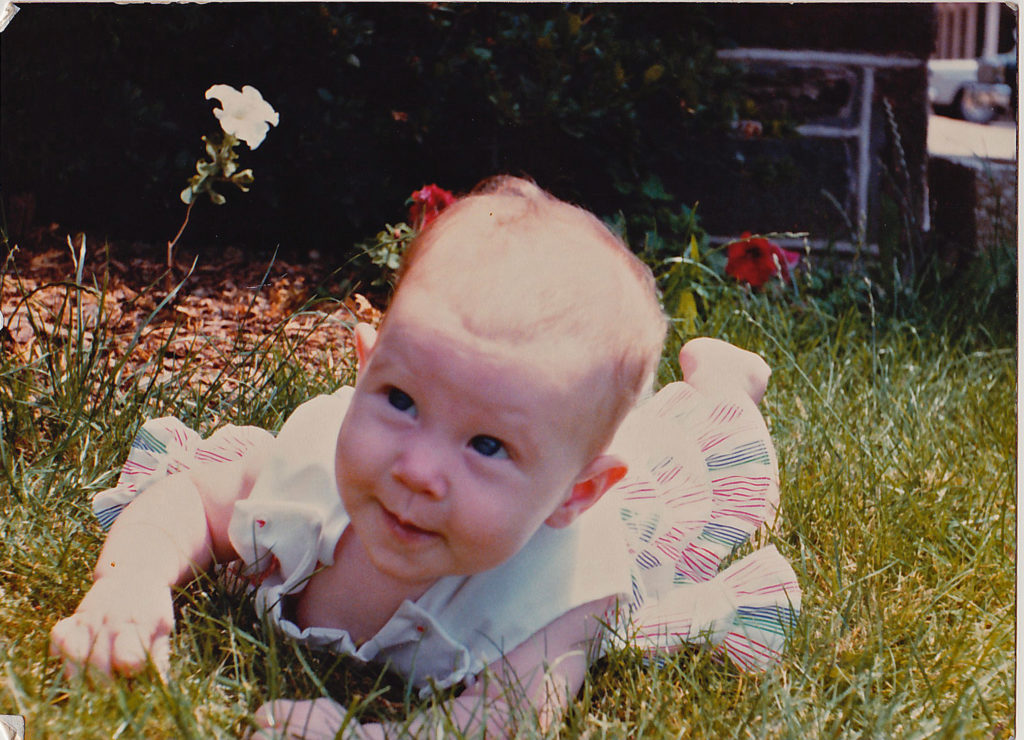
When I was a kid I had dreams of becoming a politician (to change the system from the inside out!) or a professional ballerina (despite being just mediocre in my dance classes), and thankfully as I got older I honed in on where my interests and talents were–English. I majored in English and Secondary Education in college, and got my teaching license.
Teaching Middle School English and ESL
My first teaching job was middle school English in Haiti, and man did I learn a lot. Not only was I learning about how to be a brand new teacher, but also a new culture. Many of my students spoke Haitian Creole as their first language, and I became fascinated with language learning.
I’ve also always loved learning myself, so after that year in Haiti I went to graduate school in Monterey, California, at what was then the Monterey Institute of International Studies (now the Middlebury Institute of International Studies at Monterey), and earned an MA in Teaching English as a Second Language (TESOL). I didn’t know it at the time, but the deep knowledge I learned about the English language would be so useful in all of my future endeavors.
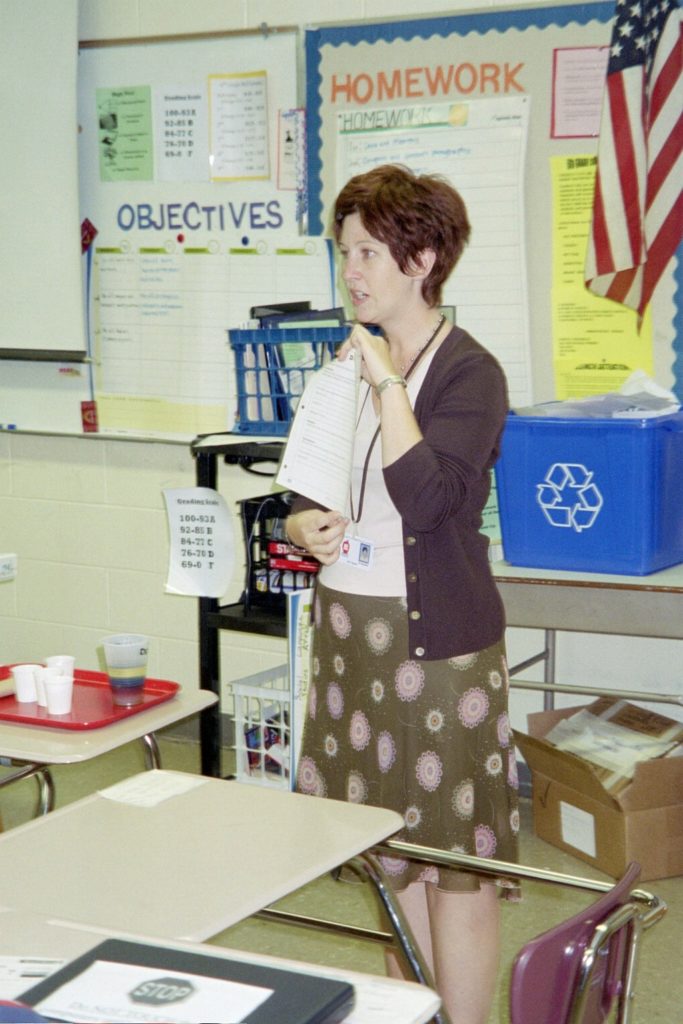
I taught in a few different places, including North Carolina and California. I loved teaching middle school-my students were so lively and sassy. But I still felt like teaching wasn’t exactly where I wanted to be. And my brothers and their wives started having children, and California started to seem very, very far away.
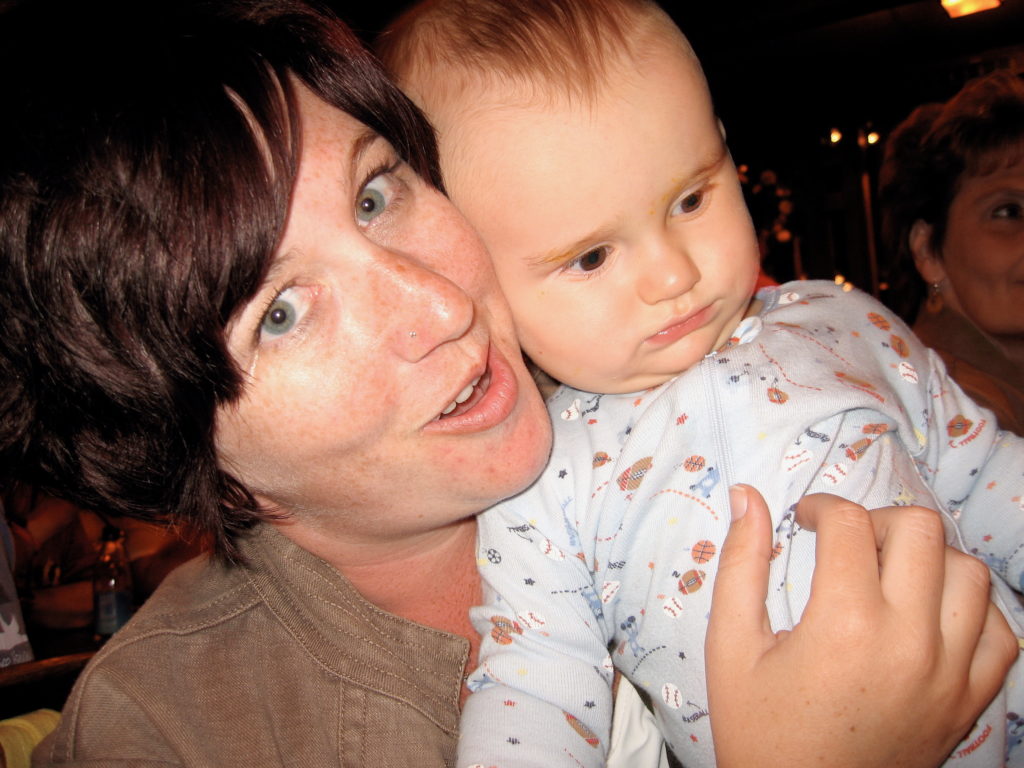
Once again, we loaded up the Uhaul and I moved to Sioux Falls, SD, where I’ve been ever since. I worked at a few different jobs before I decided to explore speech language pathology. It seemed like a natural fit for my teaching background and interest in language.
Graduate School, Again
After shadowing a couple of different SLPs and deciding I would really enjoy the job, I applied to the MA in Speech Language Pathology program at the University of South Dakota in Vermillion, For 2 years I took classes in anatomy and physiology, hearing science, phonetics, language disorders, research methods, voice, audiology, aural rehabilitation, dysphagia, neuromotor, craniofacial and others…you learn about a *lot* of things as a graduate student in speech and language pathology!
I also observed working SLPs and did clinical rotations, where you gain supervised real world experience by working with patients who have a variety of speech and language disorders. We also helped with preschool screenings, which were some of my favorites, since kids are hilarious.
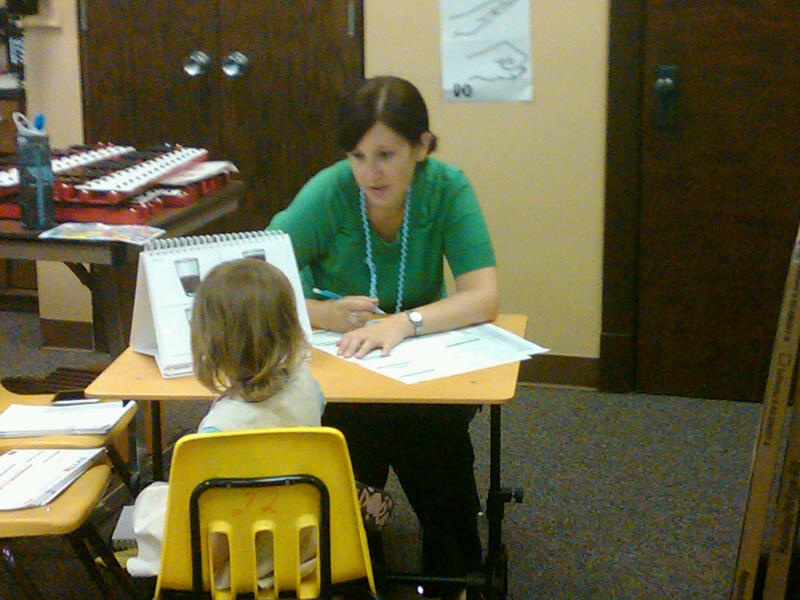
At the end of my graduate school, I completed my internships, which meant working full time in a speech language pathology setting outside of graduate school. One setting is usually a medical setting, and the other educational. I split my medical internship between our local VA hospital and a local specialty children’s hospital and school, and my educational internship in our local public school system.
Becoming a School Based SLP
In August, 2012, I graduated with my M.A. in Speech Language Pathology, and got my first job as a school speech language pathologist. But, I wasn’t finished…in order to be an ASHA (American Speech Language Hearing Association) certified SLP, your first year of working is a Clinical Fellowship Year, or CFY. During that year you’re evaluating and treating patients, but are supervised by a mentor.
In my case, my mentor was also my boss, and she was ah-mazing. She taught me everything I know about IEPs (Individual Education Plans), and answered SO many questions about being a school SLP for me.
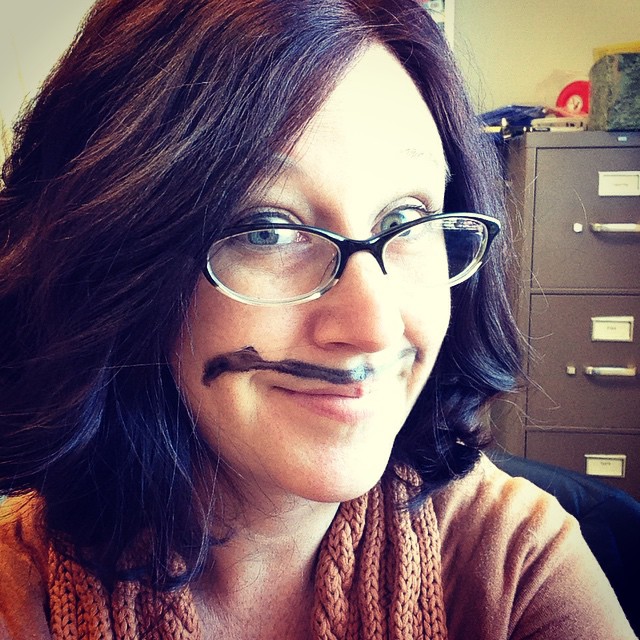
ASHA Certified!
After completing graduate school, clinicals, and your CFY year, you can finally apply for your “Cs,” or Certificate of Clinical Competence, and you can say you are ASHA certified. If you’ve ever seen an SLP sign their name with something like “MA CCC-SLP,” this is what that is all about. I remember the first time I signed my name with my Cs, it felt like a big deal!
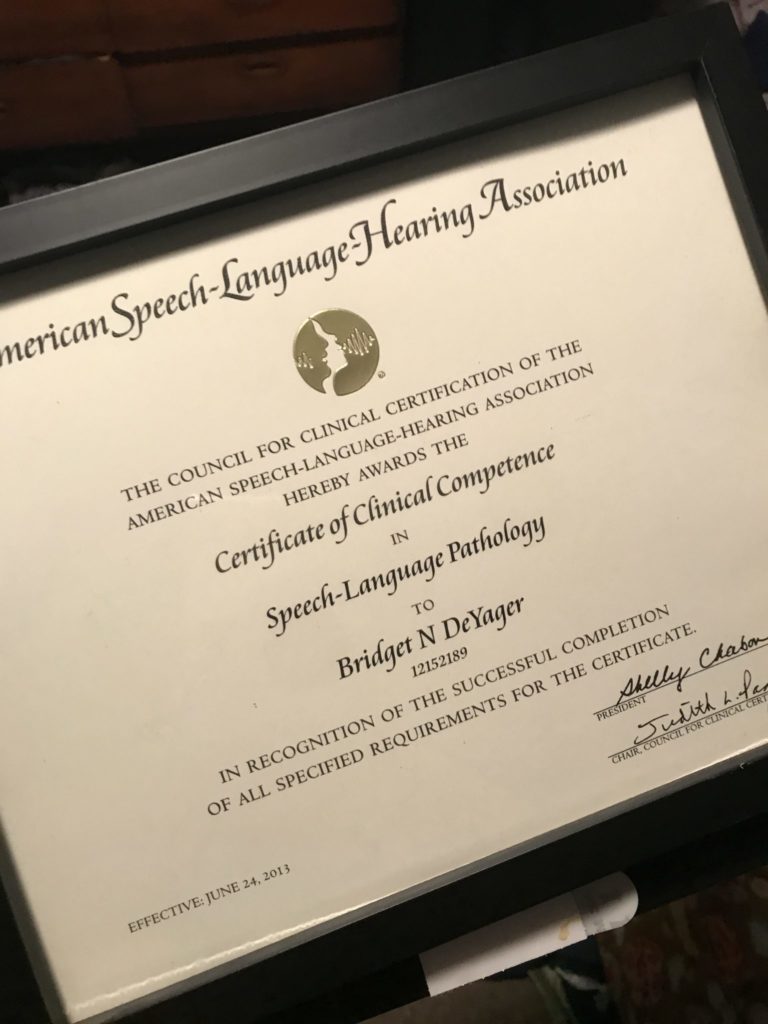
I spent 4 years as a school SLP, and to be honest, I loved it. Sure there were challenges and hard days, but in all honesty, it was fun and I can without a doubt say I loved my job. While I was in that job, I met my now husband, and we got married.
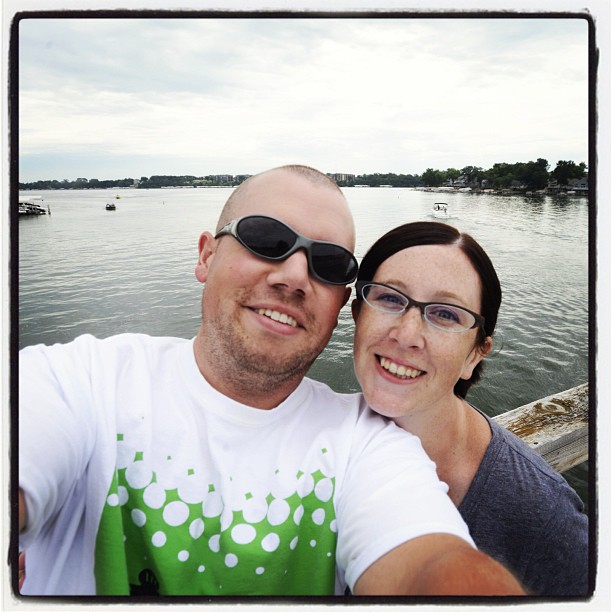
A Phone Call that Changed Everything
One day, sitting at my desk as a school SLP, I listened to a voicemail from a close friend. Her child had been diagnosed with hearing loss. She called me, asking for advice, not even knowing I was an SLP (well, knowing I had studied and was doing something, but maybe not knowing exactly what it was). Through hearing about their journey, and doing some private practice with them on the side, I developed more of an interest in hearing loss, cochlear implants, and how to serve those students better.
During my last year of being a school SLP, I started mentoring toward becoming an Auditory Verbal Therapist/Listening and Spoken Language specialist. I shared videos of my sessions with my mentor, received and implemented feedback, and did continuing education related to cochlear implants, hearing aids, hearing loss, and all things listening and spoken language.
Kids Also Change Everything
At some point, despite saying I never really wanted to have children, my husband I decided we did (never say never). I thought I wanted to stay home full time with my kids, and resigned from my school job. After my son was born, I struggled with some post-partum depression, as I know some of you reading might. I sought treatment, and saw improvement, but knew I also needed to get out of the house and back to my professional goals to really feel like myself again.
I started working on an as-needed basis for the children’s hospital and specialty school I had done my internship in, and doing private practice on the side. I put the LSLS mentoring on the back burner, since I had enough on my plate as a new mom and with my as-needed position and small private practice.
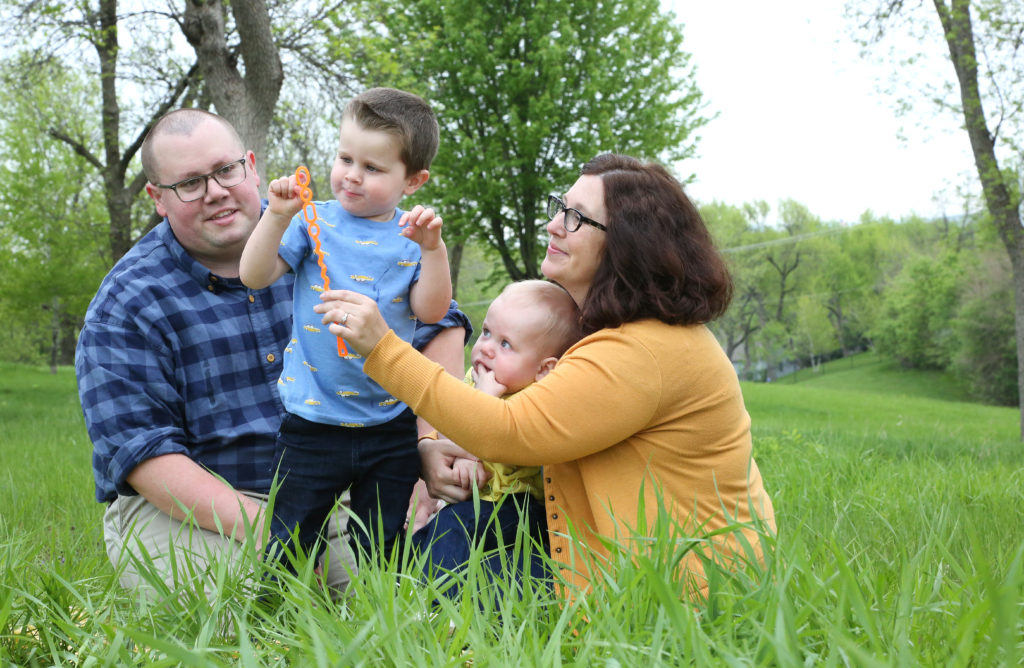
Creating Mighty Voice
Which brings me to the creation of Mighty Voice. I knew there were other private practices around, but I also noticed that families looking for auditory verbal therapy or listening and spoken language outcomes, there weren’t many options (or any!) near us. Sure, they could get therapy in the schools, but it was sort of hit or miss on whether or not the school SLP had any specific training in listening and spoken language.
Also, I saw many families whose children were “testing out” of school based therapy because they were doing “good enough,” but still had listening and spoken language gaps (the waiting to fail model of special education is a whole other topic for another day).
And so I decided that I wanted to be able to offer these families something different. I wanted them to have a local option (or telepractice if desired) for auditory verbal therapy. So I took my experience in private practice, expanded the services I’m offering, and recommitted to becoming a Listening and Spoken Language Specialist.
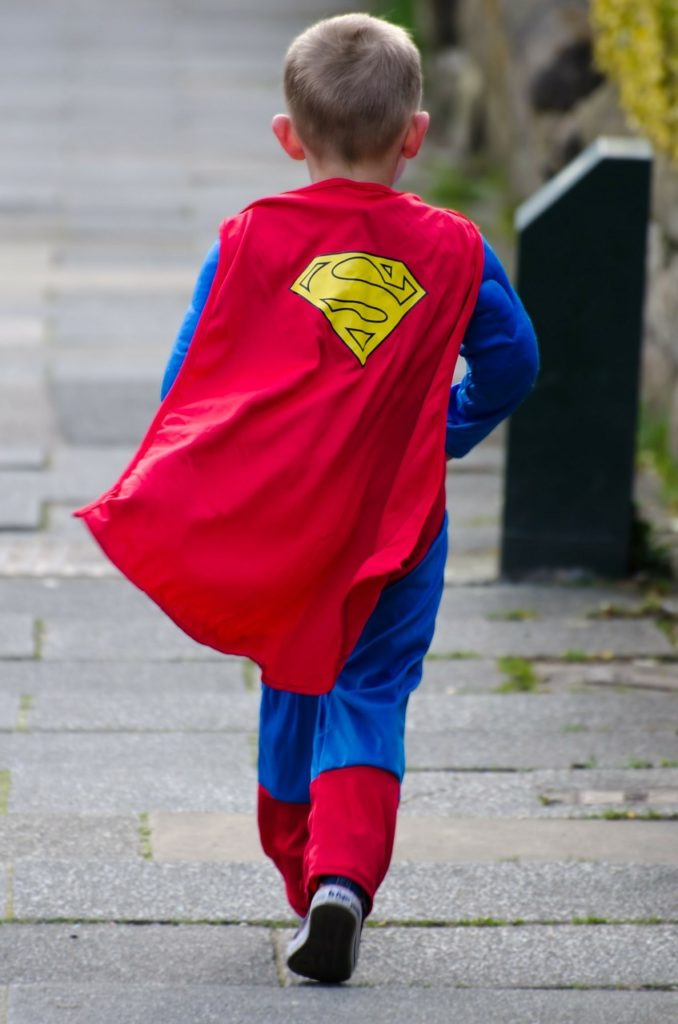
And, at the risk of sounding trite or precious, empowering families is the reason I do what I do–your child, regardless of their communication challenges or hearing loss, deserves to have a mighty voice. And you deserve to feel confident that you are doing what is best for your child and being a mighty voice in their development and education.
